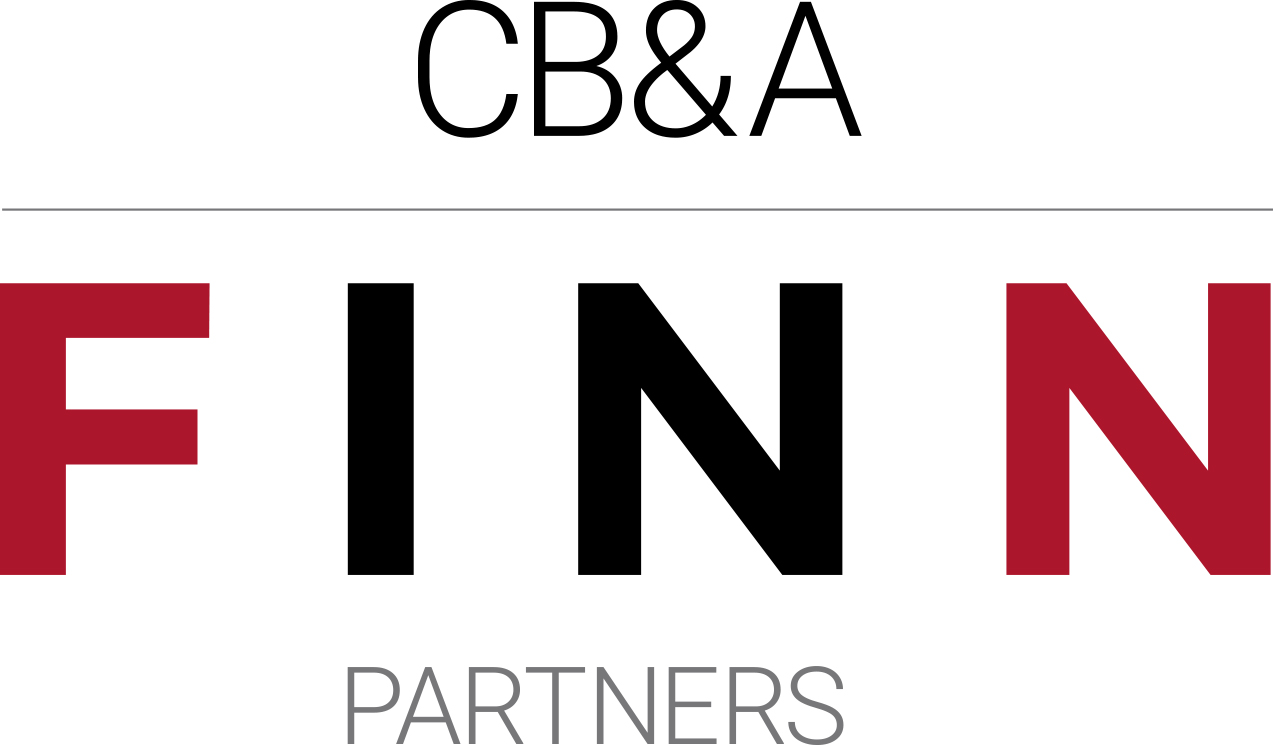
The final post in this four-part series addresses the future of social media, as discussed during the Social Media Success Summit by Steve Rubel, SVP, Director of Insights for Edelman Digital. Since technologies are always evolving, Rubel suggested it’s wrong to ask what’s the next Twitter or Facebook. To illustrate his point, he shared a 2006 slide listing a variety of social media technologies, many of which no longer exist.
If you’re looking to learn more about social media, or you’re just getting your feet wet, Rubel recommends testing the technologies before executing a plan. It’s useful to talk to people who know a lot, or even a little, about social media to learn more about current trends, and to generate ideas for your organization’s optimal strategy. The key is to understand trends and evaluate their success before testing the technology.
In today’s world, we’re snacking all day long on content delivered by e-mail, Twitter, Facebook, etc., sorting through the clutter to choose what we read, listen to, and absorb. It’s essential that organizations have a good understanding of which strategies engage their audiences most effectively, and craft attention-grabbing messages to build a following.
To break through the everyday clutter, Rubel suggests building “digital embassies” – using your employees as ambassadors. Social networking shouldn’t be 100 percent of one person’s job, it’s more effective to use several employees to drive your organization’s digital visibility. Embrace multiplicity and diversity in messaging – consider how one community differs from another (e.g., Twitter vs. Facebook), and create the right message for each.
Finally, use your communities and networks to learn about your audience’s unmet needs, and use that information to help inform social media campaigns.
Technologies come and go, but social media is here to stay. How have you integrated social tools into your PR and marketing strategies? Have you found some to be more helpful than others?

